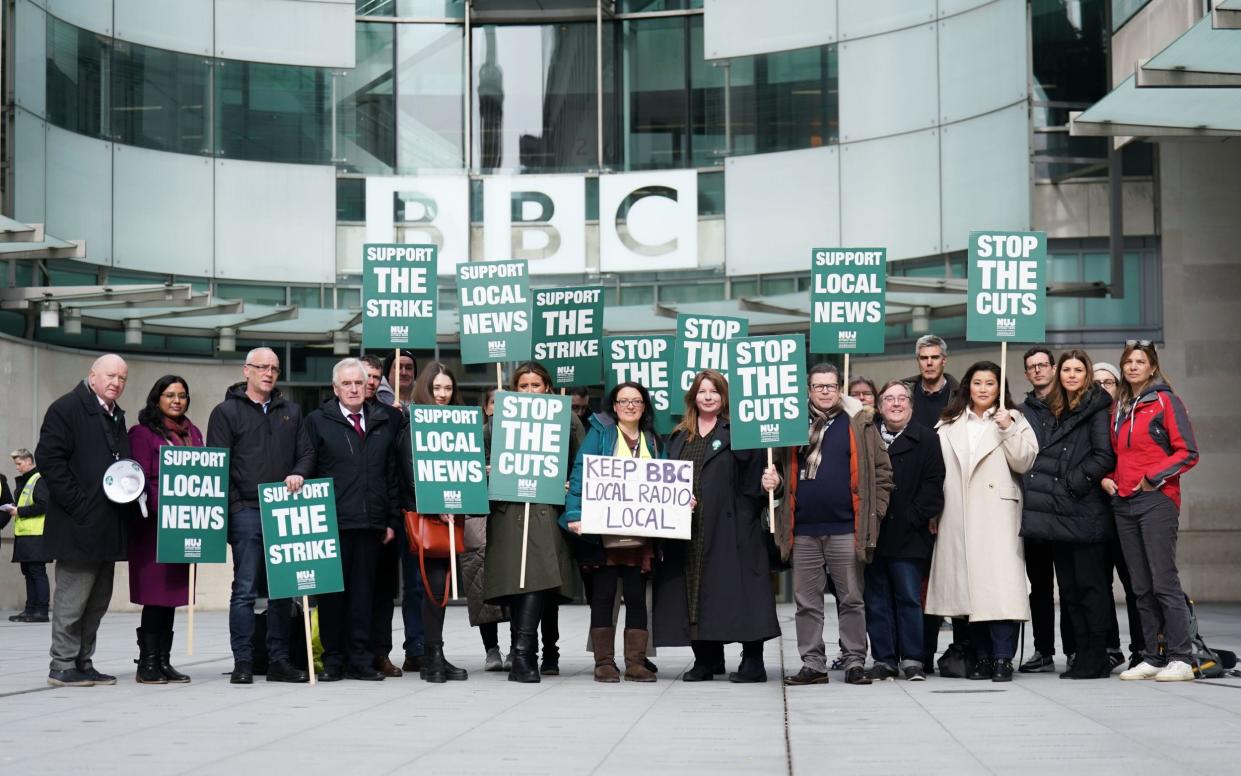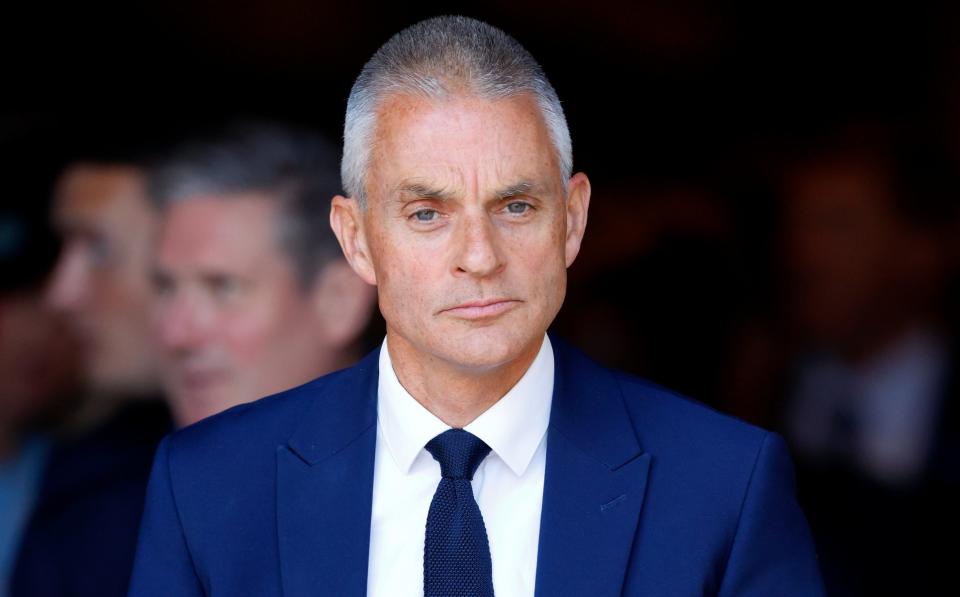BBC radio cutbacks ‘harming older listeners’

The BBC’s cuts to local radio are harming older audiences, MPs have warned, as they accused the broadcaster of lacking a clear plan for shifting hundreds of millions of pounds in spending outside London.
MPs on the Public Accounts Committee (PAC) warned that the BBC’s decision to share more programming across its 39 local stations as it shifts services online came at the expense of more vulnerable listeners.
In a report published on Wednesday, they said that the changes would “in effect reduce services for people who are older or less able to access digital online platforms”.
The PAC added that the BBC “lacks a clear plan” in its wider programme to shift £700m of spending and 400 jobs out of London by March 2028. MPs accused the broadcaster of being overly focused on diverting expenditure without a clear idea of what benefits the changes will deliver for licence fee payers.
They also raised concerns about a lack of transparency in how the BBC had reported progress in its scheme, dubbed Across the UK, to both Parliament and the public. The broadcaster told MPs the decision to relocate its Birmingham offices from The Mailbox to Digbeth was separate from Across the UK, but it included benefits of the move in the scheme’s annual report.
Meanwhile the cuts to local radio services, which led to a strike by staff last year and have attracted criticism from MPs and audiences, have been excluded from the scheme.
The PAC said: “We are concerned that the BBC is claiming benefits for Across the UK publicly when it is favourable for it to do so for activities that are not part of the programme, compared with dissociating other activities from the programme when they could be seen as a bad news story, such as cuts to local radio.”
The BBC set out the strategy in 2021 in a bid to reduce its reliance on London and deliver improved services for audiences across the country. But it has sparked controversy amid concerns bosses have wielded the axe on crucial programmes while increasing online spending in pursuit of younger audiences.
Last year, the public service broadcaster backtracked on plans to move its Concert Orchestra out of London.
It also shelved plans to scrap the BBC Singers choir following a public backlash. The BBC, led by director general Tim Davie, has said it is confident it will deliver the Across the UK strategy successfully.

But MPs warned that this confidence was misplaced, claiming it had failed to carry out proper planning and was working towards unrealistic timelines.
While the corporation is on track to move TV expenditure out of the capital, other areas including audio production and apprenticeship schemes are lagging behind.
MPs also raised concerns about the BBC’s reliance on local authorities to complete its plans, pointing out that several are on the verge of bankruptcy and may have to withdraw some local services.
Overall, the BBC was £20m behind its phase one target by March last year, while implementation of the strategy had cost the organisation £34m.
The warnings echo a report by the National Audit Office, published in November, which found the BBC’s business plan was “underdeveloped” and its programme was lagging behind.
Dame Meg Hillier, chair of the committee, said: “The BBC is seeking to liberate hundreds of millions in spending from the gravitational pull of London, and it is understandable that the simple act of having done so would feel like success.
“But as with every publicly-funded project, it is incumbent on the BBC to track what positive impact its spending is having at the same time.”
Thomas Wrathmell, director of Across the UK, said: “We have a very clear plan on how we will move investment, programming and decision-making across the UK to get closer to audiences, support the country’s diverse creative sectors, and develop and nurture new talent. Our pioneering programme is deliberately ambitious and has been fully assessed.
“We are incredibly proud of the progress we’ve made so far and remain focused on achieving our targets to deliver cultural and economic benefits across the UK.
“We are disappointed by some of the commentary in the committee’s report and look forward to addressing the issues raised when we provide our written response.”

